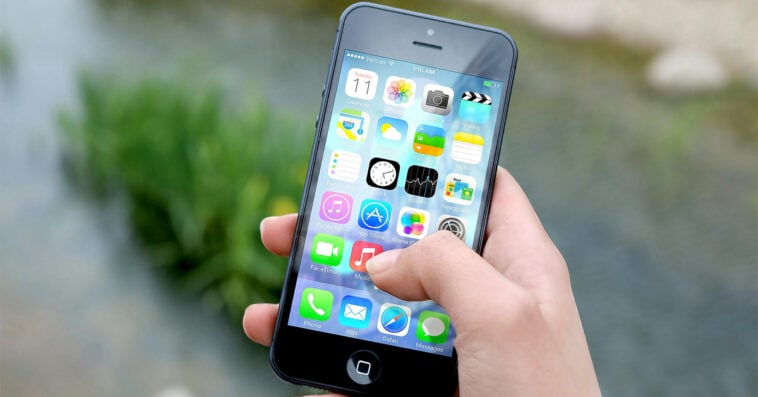Millions of iPhone and Samsung owners could soon receive an unexpected payout — and they don’t have to lift a finger. In a legal battle unfolding at London’s Competition Appeal Tribunal, consumer watchdog Which? is suing smartphone chipmaker Qualcomm over alleged overcharging. If the case succeeds, affected smartphone users could see money returned to their pockets. Read on to discover who’s eligible, how much the potential payout could be, and why this landmark lawsuit could reshape how big tech companies are held accountable.
Which? takes Qualcomm to court in landmark lawsuit
Millions of smartphone owners in the United Kingdom are watching closely as consumer champion Which? takes on American tech behemoth Qualcomm in a landmark legal case that began on Monday, October 6, 2025. The trial at the Competition Appeal Tribunal in London is expected to run for five weeks.
At the heart of the dispute is an accusation that the chip manufacturer engaged in anti-competitive practices. Which? argues that Qualcomm unlawfully exploited its dominant market position by forcing giants like Apple and Samsung to pay inflated prices and licensing fees for crucial handset components. These unjust costs, the group claims, were ultimately passed directly to consumers through higher smartphone prices.
The first phase of the trial, which started this week, will focus entirely on proving two key points: whether Qualcomm held significant market power and, critically, whether it abused that dominant position.
Should the consumer group emerge victorious, the proceedings will advance to a second stage, where Which? will seek £480 million (approximately $647 million) in damages from Qualcomm. This money would be distributed to an estimated 30 million affected British phone owners. However, securing the funds could be a long process.
“We filed this claim back in 2021, so this first trial being now in 2025 – it’s obviously a bit of a slog,” senior Which? lawyer Lisa Webb told the Today program. She offered a reassuring message to consumers, emphasizing the advantage of this class-action system: “But the real benefit of this system is that as a consumer, you don’t need to do anything… if we win, we will get you your money.”
Who could be eligible for a payout — and how much
If Which? wins its legal battle against Qualcomm, nearly 30 million people across the UK could be automatically due compensation. The claim is highly specific, covering consumers who purchased an Apple or Samsung smartphone in the UK between October 1, 2015, and January 9, 2024. Which? is seeking damages for every affected handset bought within these nine years, regardless of whether it was acquired outright or through a monthly contract.
The consumer group estimates that if their legal action is successful, the payout for eligible consumers will likely work out to an average of around £17 ($23) per device. It is important to note that no money is guaranteed, as Qualcomm has steadfastly maintained that the case has “no basis.”
Other legal battles involving Qualcomm
Qualcomm’s legal troubles extend far beyond the UK. The company is currently facing a similar lawsuit in Canada, and it has already been fined by the European Union for breaching antitrust laws in previous years. Despite its global dominance as one of the world’s largest smartphone chip manufacturers, the firm continues to face recurring allegations of anti-competitive conduct.
Anabel Hoult, chief executive of Which?, emphasized the importance of the ongoing UK case, saying: “This trial is a huge moment. It shows how the power of consumers — backed by Which? — can be used to hold the biggest companies to account if they abuse their dominant position.”
In the US, Qualcomm was sued by the Federal Trade Commission in 2017 over claims of unfair licensing practices involving its technology. However, that case was dismissed in 2020, offering the company temporary relief from regulatory scrutiny — though the latest challenges suggest the debate over its market behavior is far from over.
Source: BBC

